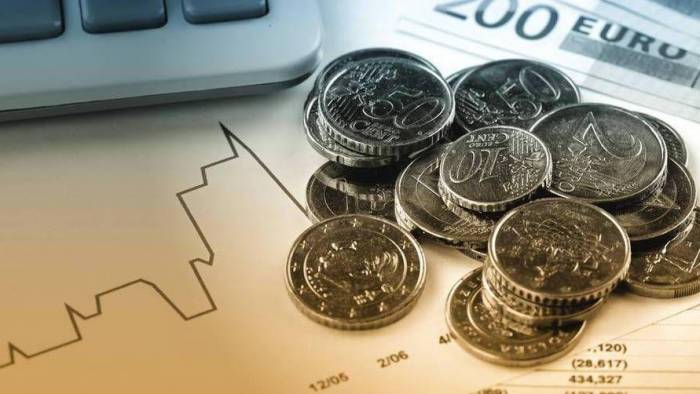Ignore Inflation, Recession; Nasdaq Up 37.9% This Year
From the data, we can see that inflation in the United States remains high, with American citizens still suffering from the high cost of living.
From expectations, we can also see that more and more analysts believe that the U.S. economy will inevitably fall into a recession next year, and American citizens may be worried about the possibility of unemployment.
However, the U.S. stock market completely disregards these factors and continues on its path of rising. As of this morning's closing, the Dow Jones Industrial Average reached its highest closing level since 2023, at 36,404.93 points.
This is nothing compared to the most exaggerated figure, which is that the Nasdaq Composite Index has accumulated a staggering increase of 37.89% so far this year.
It has to be said that, whether looking at the domestic situation in the United States or the global economy, the bad news currently far outweighs the good news. It seems that the U.S. stock market is challenging traditional investment concepts: you think I'm going to fall, but I insist on rising significantly!
Just yesterday, a key official from the International Monetary Fund made the latest forecast. He believes that since the Russia-Ukraine conflict last year, geopolitical conflicts have intensified over the past two years, becoming more and more numerous.
Moreover, trade protectionist policies of certain Western powers have led to the market being fragmented into small pieces, which looks more like a new type of Cold War model.
This fragmented international trade situation could result in a loss of 2.5% to 7% of the global GDP.
The so-called certain Western powers, of course, refer to a few countries led by the United States. However, the U.S. economy itself has been harmed by its own trade protectionist policies.
In the past, the United States mainly relied on a large amount of imported goods from overseas to meet domestic demand, and the cost of imported goods was far lower than domestic manufacturing. But since the beginning of this year, U.S. imports have plummeted significantly.In the face of several less-than-ideal economic data in the United States, investors might also be puzzled as to why the U.S. stock market remains so dominant.

Let's take a look at the performance of the world's major stock indices; with comparison, it becomes clearer.
Although the Japanese yen has depreciated significantly, and Japan experienced a negative GDP growth in the third quarter, the Nikkei 225 Index has risen by 26% this year.
Let's consider Germany next. Germany's GDP in the third quarter had the highest negative growth among G7 countries, with a 0.4% decline. However, the German DAX Index has increased by 20.6% this year, and just yesterday, the German index reached an all-time high of 16,817.8 points.
Even India, which many people may not hold in high regard, has seen its benchmark index rise by 14.94% this year. What's more exaggerated is that India's annual increase has been ongoing for eight years, with the last annual decline occurring in 2015.
However, when compared with the above-mentioned stock markets that have performed well, the United States still stands out as the strongest, with the Nasdaq's annual increase reaching 37.9%, temporarily holding the champion position among major stock indices.
When we turn back to look at the A-shares, it's hard not to feel a bit helpless.
The A-share index that reflects large-cap stocks, the CSI 300 Index, has fallen by 11.7% this year. This is somewhat similar to the U.S. S&P 500 Index, which has risen by 20.4% this year, with a difference of more than 30 percentage points between the two.
Our ChiNext Index has fallen by 18% this year, which can be compared with the Nasdaq Index, which has risen by 38% this year, with a gap of 56 percentage points between the two.
What can comfort us is that many domestic securities analysts are now predicting that the A-shares will welcome a bull market in 2024.It is said that the latest slogan now is that we are currently facing a once-in-20-years opportunity.
Leave a Comment